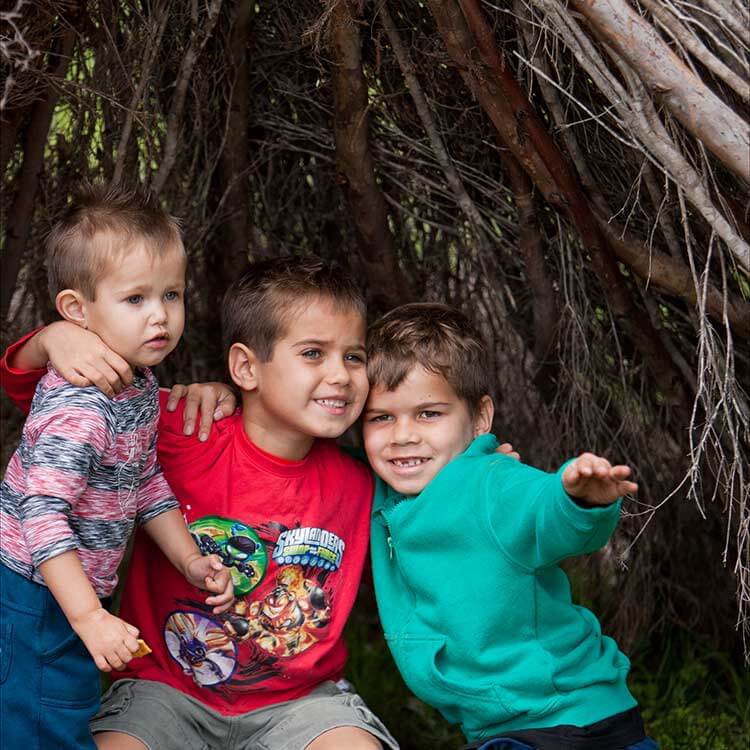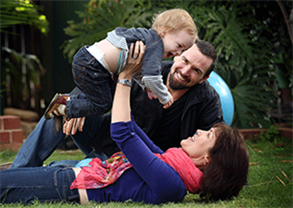Search

News & Events
Study shows the value of positive friends for Aboriginal kidsA new study has found that having a friend with good social skills and a supportive family may make a critical difference to the resilience of Aboriginal youth

News & Events
The good oil on immunisationAs a new parent or parent-to-be, you will be faced with many important decisions about your health and the health of your child, including immunisation.
News & Events
Mental health disorders on rise in parentsA unique Australian study has found that the prevalence of mental health disorders in parents of infants rose dramatically between 1990 and 2005.
News & Events
Grandparents joblessness and separation affecting today’s kidsResearchers from the Telethon Institute have found that the impact of long-term unemployment and separation in a family extends to future generations.
News & Events
New clues into language developmentA world-first study from The Kids for Child Health Research has identified risk factors for receptive language development in Australian children.
News & Events
National Indigenous Immunisation Research WorkshopYou are invited to register to attend the National Indigenous Immunisation Research Workshop 2013: lessons learnt and future directions Workshop.
News & Events
Pregnant women sought for autism studyPregnant women who already have an autistic child are being sought for a study by the Autism Research Team at WA's The Kids for Child Health Research.
News & Events
National honour for infectious diseases researcherPerth researcher dedicated to reducing serious chest and ear infections in children has been recognised with the award of Officer in the Order of Australia
News & Events
Moira takes on a mountain in a crusade for a cureOn July 8, Professor Moira Clay will fly out to France and Italy as part of The Telethon Adventurers challenge to raise critical funds to assist researchers
News & Events
Environmental factors could trigger rise in type 1 diabetesNew research from Perth's Telethon Institute for Child Health Research has revealed an unexpected pattern in the rate and incidence of type 1 diabetes
